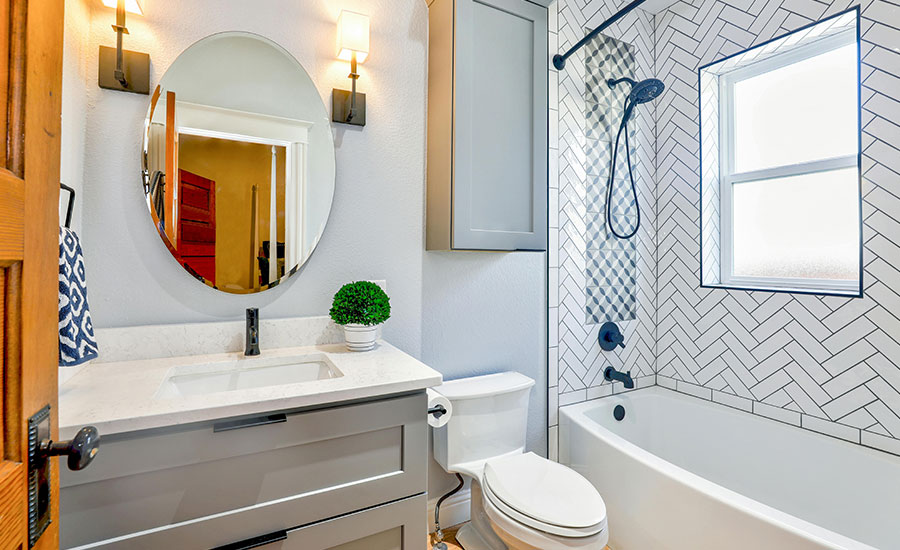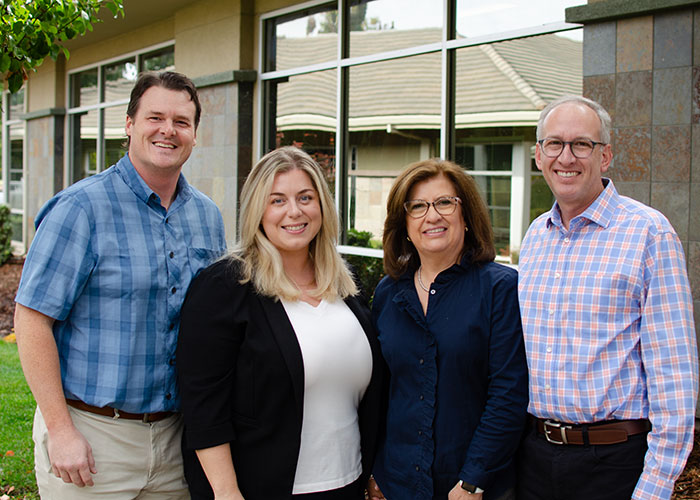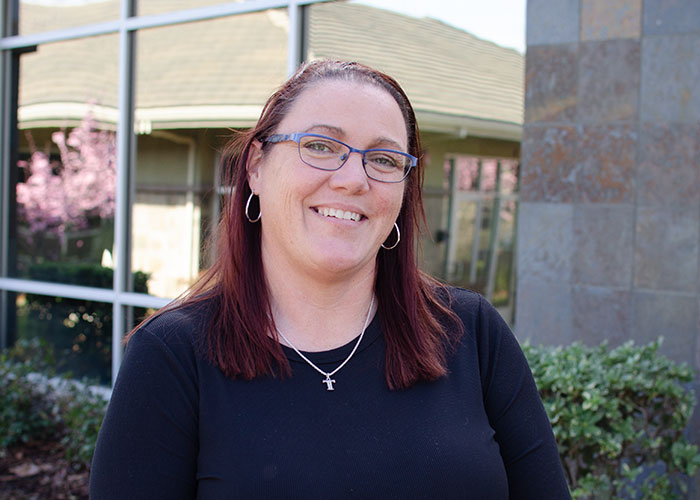Promoting Bathroom Safety for Seniors While Supporting Independence

Bathrooms may be small, but they can pose many safety concerns for seniors. Slipping on a wet floor or tripping over a rug can lead to broken bones, head injuries, lacerations, or worse. However, personal hygiene can be a private, sensitive matter where older adults want to maintain as much independence as possible. Setting up their bathroom space to work for their needs while providing proper safety features can help reduce risks.
Here are a few changes to consider:
Table of Contents
Install Grab Bars
Having a securely affixed bar to hold onto can provide seniors with greater stability and balance when getting in and out of the bathtub or shower. They can also help when shifting between standing and sitting on the toilet. Some grab bars can be permanently attached to the wall, while others use strong suction cups and can be adjusted as needed. There are even bars that can be attached to the side of the bathtub.
Create Appropriate Lighting
Poor lighting can make it hard for older adults to see where they’re going and what they’re doing. On the other hand, bright lights can be blinding. Find a happy medium that provides ample light that illuminates the room without being hard on the eyes. Install night lights to guide the way when it is dark. Motion-sensor lights can also be a great option because then seniors don’t have to worry about fumbling for a light switch.
Put Down Anti-Slip Mats
Get rid of bathroom rugs that do not have a nonslip backing, as they can easily shift out of place and become a fall hazard. Use anti-slip mats that create a comfortable surface for standing and will absorb some water without becoming slippery. Consider adding a mat to the bottom of the bathtub or shower as well for an added layer of safety.
Switch to a Hand-Held Shower Head
It can be difficult for older adults to position themselves correctly under the showerhead and safely move about to wash their hair and body. With a hand-held wand, they have more control over where the water sprays and the water pressure. It is also highly beneficial when using a shower chair.
Add a Shower Chair
Standing in the shower can be tiring, and moving about can throw seniors off balance increasing their risk of falling. A shower chair or bench can allow your loved one to comfortably sit down and focus on what they are doing instead of worrying about potentially getting injured.
Use a Raised Toilet Seat
In addition to grab bars, installing a raised toilet can also be beneficial. This makes it so that seniors have less distance to move between sitting down and standing up from the toilet.
Control the Water Temperature
As seniors age, their skin becomes more sensitive, and they can have difficulty sensing changes in temperature. Adjusting the water temperature to 120 degrees Fahrenheit or lower can help prevent burns. There are also anti-scald devices that can be added to faucets to keep the water from getting too hot.
Make Sure Items are Within Easy Reach
Set up bathroom spaces so that seniors don’t have to do a lot of benching or stretching to reach what they need. This could include putting a hanging caddy in the shower or using baskets for the vanity. Hang towels within easy reach of the bathtub, shower, and sink.
Use a Personal Emergency Response System
Should your loved one fall, having a Personal Emergency Response System (PERS) set up can allow them to quickly and easily call for help. Make sure they keep this device on them or within arm’s reach at all times, including while they are in the bathroom.
Bathroom safety should be a top priority, and implementing simple changes can make a significant difference in senior’s well-being. Partnering with an in-home caregiver can also provide older adults with the help and support they need whether tending to personal hygiene or completing daily tasks around their home. Contact Always Best Care at (855) 470-2273 to learn more and schedule a free consultation.


![10 Senior Living Technologies You Should Know About [+ FAQs]](https://alwaysbestcare.com/wp-content/uploads/2025/06/senior-living-technology-hero-image.jpg)


